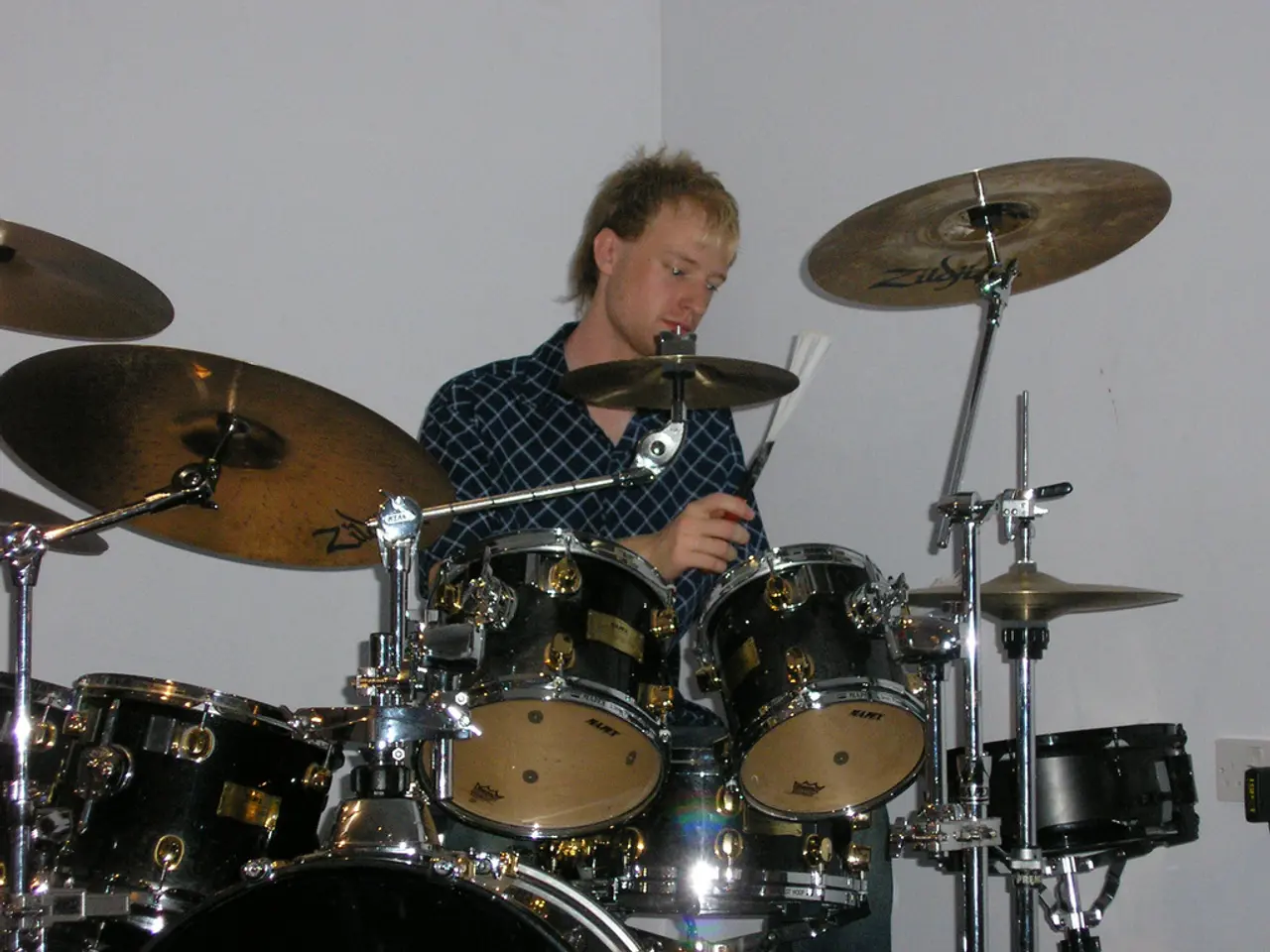Testimony of Nephew Accusing Uncle in Afghanistan's Homicide Case Against Brother - Blood relative killed in Afghanistan - teenage nephew implicates family member in court trial
In a shocking turn of events, a brother murder trial is currently being held at the Hanau Regional Court in Germany. The crime allegedly occurred in Kandahar, Afghanistan, in October 2015.
The victim, a man with two surviving children, was shot at close range by his brother, according to the testimony of the eleven-year-old son who was the sole witness at the time of the murder. The boy recognized his uncle by his nose, forehead, and voice.
The motive behind the murder appears to be a dispute over an inheritance of a piece of land, as outlined in the indictment. The prosecution sees the murder characteristics of treachery and low motives fulfilled in this case.
Initially, the defendant denied being in Kandahar at the time of the murder, claiming he was in another part of Afghanistan. However, this assertion has been called into question during the trial.
Following the crime, the uncle allegedly fled and threatened a neighbour with the weapon. The shooting took place on a kind of balcony in the house.
The trial is possible due to an exception in the Criminal Code, known as "substitute criminal justice". This exception allows for trials to be held in Germany for crimes committed abroad if the accused is a German citizen or if the crime has a connection to Germany.
It is worth noting that diplomatic relations between Germany and Afghanistan have been severely restricted since the Taliban took power. The International Criminal Court (ICC) has recently issued arrest warrants against senior Taliban figures for crimes against humanity related to gender persecution and war crimes in Afghanistan since 2003. However, these actions and ongoing investigations do not mention any trial or substitution regarding a fratricide or "brother murder" case occurring in Germany.
The three children of the deceased came to Germany at different times as refugees and are co-plaintiffs in the trial. The trial is being closely followed by the German public and legal community, as it presents a unique case of international criminal justice.
The defendant listened to the testimony without showing any visible emotion during the trial. The outcome of the trial remains uncertain, but it is clear that this case will have significant implications for both the family involved and the broader question of international criminal justice.
EC countries and employment policies are not directly related to the ongoing brother murder trial in Hanau Regional Court, Germany, but the trial highlights the importance of political decisions regarding international criminal justice. The general news surrounding the trial has sparked wider discussions in the legal community about the application of "substitute criminal justice" and its implications in cross-border cases like this one. Crimes and justice systems in different countries often differ, yet in this instance, the German courts are addressing a murder allegedly committed in Afghanistan. This case underscores the need for clear, consensus-based policies to ensure consistent and effective adjudication of international crimes.








